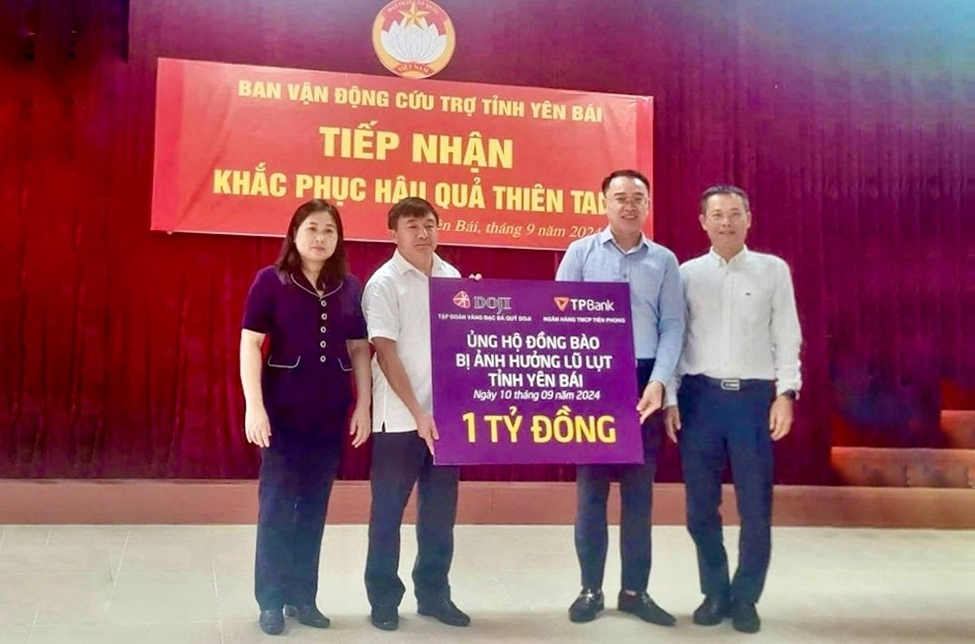
A draft circular on credit letter business stipulates that credit letters are a form of credit granted through the issuance, confirmation, negotiation of payment, and reimbursement of credit letters to serve payment activities in the purchase and sale of goods and services.
Principles of implementing credit letter business
According to the draft, banks’ credit letter activities for customers are carried out according to agreements between the bank and the customer, in accordance with the provisions of this Circular and the relevant regulations on credit granting and international credit customs.
The examination of documents and the payment process of credit letters are conducted according to agreements between the parties, in accordance with international credit customs.
Banks conducting foreign currency credit letter transactions must comply with the scope of foreign exchange operations in the domestic market and the international market as prescribed in their operating licenses for each type of bank. They must also comply with the legal regulations on forex business and supply forex services in the domestic and international markets when conducting foreign currency credit letter transactions.
Compliance with the provisions of the Law on Credit Institutions and the instructions of the State Bank of Vietnam (hereinafter referred to as the State Bank) on prohibited behaviors, cases of non-credit granting, restricted credit granting, and limited credit granting.
Interest rates for customers’ credit
Banks and customers agree on the applicable interest rates for credit letter transactions.
The interest rate applicable to overdue principal debt agreed upon in the credit agreement by the banks must not exceed 150% of the credit granting interest rate within the term.
The interest rate applicable to late payment interest agreed upon in the credit agreement by the banks must not exceed 10% per annum.
In the case where foreign currency is used to carry out a credit letter transaction, the parties agree to charge the credit letter interest in foreign currency or convert it into Vietnamese dong at the bank’s selling exchange rate at the time of charging interest or at the time of notifying the interest charge.
Banks agree with customers and relevant parties (if any) on the applicable fees for credit letter transactions and other related business activities regarding credit letters, and must publicly post them.
In the case where foreign currency is used to carry out a credit letter transaction, the parties agree to charge the credit letter transaction fee in foreign currency or convert it into Vietnamese dong at the bank’s selling exchange rate at the time of charging the fee or at the time of notifying the fee charge.
Conditions for customers
Banks consider and decide to issue credit letters when customers meet the following conditions:
- Full legal capacity and civil act capacity as prescribed by law.
- The need to open credit letters to serve legitimate payment activities in the purchase and sale of goods and services.
- Viable capital usage plan.
- Financial capacity to repay the debt.
Banks only consider and decide to issue credit letters to non-resident customers when the customers meet the above conditions and are foreign-invested enterprises established and operating abroad with capital contributed by Vietnamese enterprises under direct investment provisions in the Investment Law.
Credit granting period for issuing credit letters
Banks and customers agree on the credit granting period for issuing credit letters based on the credit letter maturity date, debt repayment period, customer’s repayment capacity, credit granting sources, and the bank’s remaining operational period.
For customers who are legal entities established and operating in Vietnam, legal entities established abroad and operating legally in Vietnam, the credit granting period for issuing credit letters must not exceed the remaining legal operating period of the customer; for foreigners residing in Vietnam, the credit granting period for issuing credit letters must not exceed the remaining residency period allowed in Vietnam.
- Short-term credit granting is credit granting with a credit granting period for customers of up to 01 (one) year.
- Medium-term credit granting is credit granting with a credit granting period for customers over 01 (one) year and up to 05 (five) years.
- Long-term credit granting is credit granting with a credit granting period for customers over 05 (five) years.





































